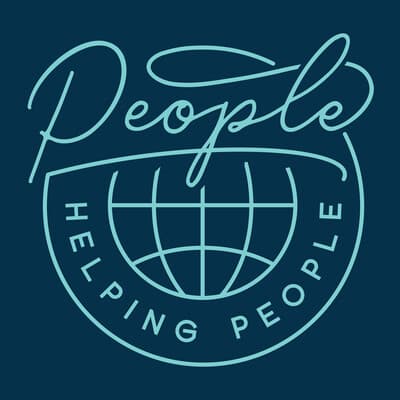Business
Rich Brubaker of Collective Responsibility explains the variety of work he does in both for-profit and non-profit spaces. He teases that even after 12 years of marriage his wife still asks what he does. Rich’s portfolio is versatile, but to describe him he is one of Asia's most recognized authorities on sustainability, innovation and responsible leadership. Portions of his work include being the managing director of Collective Responsibility, the executive volunteer of HandsOn China and as an adjunct professor of sustainability and social innovation at Southern Methodist University, Richard has a career focused on helping develop businesses to address economic, environmental, and social hurdles. Among the projects Rich takes on, he finds himself assisting brands like Nike and Adidas with changing the way they impact communities. Most large brands come to Rich knowing how to describe their issue, or what they are aiming to do, but they require suggestions on strategy. Rich explained that there’s more to look at beyond the brand itself: “... a lot of times what I find is, the knowledge gap also extends to who is being impacted, who is relevant and who has the power to affect this change.” Communicating the issues is not enough to understand the systems that are creating a positive or less desirable impact. Knowing the problem and the aspects contributing to the concern can be developed by engaging with the issue and people related to the issue. Rich suggested that anyone lacking experience in a field should focus on learning about the field first. Whether the person chooses to volunteer, get a job, or pursue academic study related to a specific field, be more involved with the concern by interacting with the system and people attached to the concern. Then, you can consider what you learned to put together a solution. Rich described it as: “You've got to go swim with the turtles to see where the plastic's coming from.” While interacting with the concern, Rich explained that you should be observing without labeling everything you see at first glance. Since multiple people are participating in a “system that's fundamentally flawed”, someone being a stakeholder in the system doesn’t mean they are complicit. We discussed the need for processes as an initiative finds a rhythm to providing their solution. Rich gave insights on which processes help keep initiatives steady, such as hiring a good team, market research, project execution. To illustrate that point, Rich later gives examples of systems scaling up in sustainability from his time in China. He expressed the differences, and similarities, in trends around developing society between the US, Europe, and China. Rich Works extensively with students, and shared how he connects students with large companies like Target and Jaguar. Students get together to work on a specified concern the brands provide based on real issues within the company. Rich expressed how involved both sides get into the projects, and how these kinds of interactions can fuel change. If you would like to learn more, you can visit their website or YouTube channel. Read Full Transcript Adam: [00:00:00] Welcome to People Helping People, the podcast inspired, greater social change and give you ideas on how to take action. I'm your host, Adam Morris. Today. I am delighted to have Rich Brubaker on our podcast today. One of Asia's most recognized authorities on sustainability, innovation and responsible leadership. As the managing director of Collective Responsibility, the executive volunteer of Hands-on China and as an adjunct professor of sustainability and social innovation at Southern Methodist University, Richard has a career focused on helping develop businesses to address economic, environmental, and social hurdles. So without further ado, let's dive right in. Rich. Welcome on the podcast. Rich: [00:00:38] Hey, thanks for having me great to be here.

